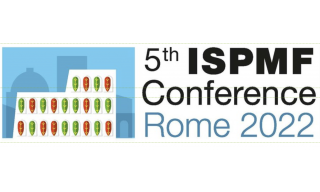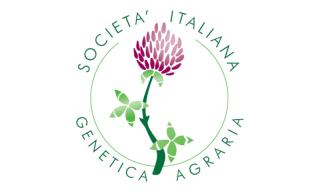Frontiers research topic - Engineering the plant biofactory for the production of biologics and small-molecule medicines
"Molecular Farming” was a term coined in reference to agricultural applications in that major crops like maize and tobacco were originally used for pharma applications.
It was since these early studies on plant gene transfer that the scientific community interpreted the technology not only for improving plant performance, as an extension of the plant breeding concept but rather to produce new products, to use the plant as a biofactory for novel designed molecules.
"Molecular Farming” was a term coined in reference to agricultural applications in that major crops like maize and tobacco were originally used for pharma applications.
It was since these early studies on plant gene transfer that the scientific community interpreted the technology not only for improving plant performance, as an extension of the plant breeding concept but rather to produce new products, to use the plant as a biofactory for novel designed molecules.
The concept of the “green biofactory” implies different advantages over the typical cell factories based on animal cell or microbial cultures alone when considering the investment and managing costs of fermenters. Although yield, stability, and quality of the molecules may vary among different heterologous systems and plants are competitive on a case-to-case basis, still the "plant biofactory” attracts scientists and technologists for the challenging features of low production cost, product safety, and easy scale-up. Once engineered, a plant is among the cheapest and easiest eukaryotic system to be bred with simple know-how, using nutrients, water and light, and global knowledge of agriculture well established for centuries. "Farming for Pharming" biologics and small-molecule medicines is a challenging area of plant biotechnology that may break the limits of current standard production technologies.
The success of Ebola fighting with plant-made antibodies put a spotlight on the enormous potential of next-generation herbal medicines made especially in the name of the guiding principle of reduction of costs, hence reduction of disparities of health rights and as a tool to guarantee adequate health protection in developing countries.
The rush to develop a vaccine and the need for fast scale-up production in the years of the COVID-19 pandemic highlighted how a plant biofactory may be useful for global-scale production of large amounts of medicals. The goal topic is to explore the type of molecules that are currently studied and produced in plants and the approaches to obtain pharmaceutical proteins, medical diagnostics proteins, and vaccine antigens, at an industrial scale.
This Research Topic is devoted, but not limited, to recent scientific progress in the following areas:
- Plant-produced antibodies and vaccines
- Plant-produced medicals and diagnostics -other than (1)
- Protein design for heterologous production in plant biofactories
- Synthetic biology applied to agriculture.
- Biorefinery: biochemistry and molecular biology of plant producing biologic and small-molecule medicines.
- Biochemical and molecular level studies
- Agronomic practices aimed at crop cultivation of engineered plants
- Transdisciplinary studies on the convergence of the above-mentioned approaches.
- Sustainability studies on the economics of plant growth and production of products.
- Law enforcement for plant-produced medicals
*Image info and credit: Soilless farming of high-quality pharma-grade saffron (Crocus sativus). Courtesy of Dr. Luca Nardi, ENEA-BIOTEC.
please note: Studies falling into the categories below will not be considered for review, unless they are expanded and provide insight into the biological system or process being studied: i) Descriptive collection of transcripts, proteins, or metabolites, including comparative sets as a result of different conditions or treatments; ii) Descriptive studies that define gene families using basic phylogenetics and the assignment of cursory functional attributions (e.g. expression profiles, hormone or metabolites levels, promoter analysis, informatic parameters).
Keywords: plant molecular farming, biopharmaceuticals, recombinant protein, genetic engineering, transient expression, plant biofactory, antibodies, vaccines
Find more information: https://www.frontiersin.org/research-topics/19408/engineering-the-plant-...





